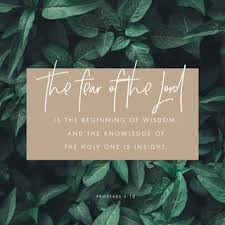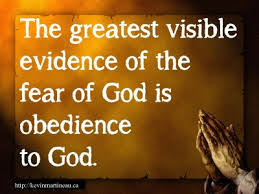Is it time to do a new thing? Can we maintain status quo in the wake of the coronavirus, a shrinking economy, and social unrest? These realities have changed each of our lives. This new normal appears to be here for the long haul dictating our daily routine and our future plans. Is it time to change?
It is human nature to resist change. Change is hard especially if it is the result of something we had no say in. As we attempt to move to some sense of normalcy in this nation, we are being asked to do something new.
“Hell no! We won’t go!”
Local and state mandates have been issued in order to guard public health. These instructions are not only being challenged but most often totally disregarded. This is especially true among our young people. I wonder who they learned that from. Even when we’re told lives can be saved and the economy restored, we refuse to change. Is it time to do a new thing?
From the hallways of our state Capitols to local school board meetings, resistance is seen as a rallying cry and badge of honor. But is it? Or is it really evidence of our inability to accept change? Is resistance to exercising safe distance, wearing masks, and avoiding large crowds symptomatic of our unwillingness to do a new thing?
God’s “new thing”
In the Old Testament, the use of “new thing” is cited in only three (3) texts: Isaiah 43:19, Numbers 16:30, and Jeremiah 31:22. Here they describe situations where God’s greatness and sovereignty is on display. God invites man to join Him in accomplishing His divine purpose.
I will not conclude that the challenges we face are part of God’s divine purpose. I do believe, however, that God throughout man’s history continually exercises His sovereignty and His authority. This time in history, 2020, was viewed long before today. God saw it from eternity (Is. 46:9-10). Pandemics, politics, and problems in this world never catch God by surprise.
In the New Testament this concept of a “new thing” was manifested in the fulfillment of the Messiah who came to save us and to restore man to God’s original purpose. God was unable to fulfill His purpose through families, tribes or kings; through prophets, mediators or priests. God brought salvation to earth through Jesus Christ—“God’s new thing”.
God’s new thing resulted in:
- The Kingdom of God coming to earth. (Matt. 4:17)
- Mercy, grace, and truth. (Ps. 85:10)
- Man becoming a “new creation”. (2 Cor. 5:17)
- Freedom from the penalty and power of sin. (Rom. 8:1)
God’s new things always result in our good and His glory. As we seek stability during these tumultuous times, know that God is more than able to sustain and keep us (Ps. 46:1-3; 7-10).
Things are changing
As we move through the challenges we face as a nation, know that God is still doing new things. The world we knew a year ago has changed. The life we cherished 6 months ago will never return. Our reality this week may be different than it was last week. Things are changing. How can we prepare for change—the new thing?
- Trust God—believe in His ability and willingness to guide us to a new thing.
- Position yourself to hear God—pray and read His Word.
- Look for areas needing change in your life—be honest.
- Identify and confess sin in your life—what’s interfering with God’s new thing?
But God
God is the key to change. Most importantly, God can do a “new thing” even in the midst of change. This includes COVID-19, financial downturns, and social injustices. He invites us to join Him as we do a “new thing.” When we trust God with our life, we can look forward with purpose and not fear (Jer. 29:11).










